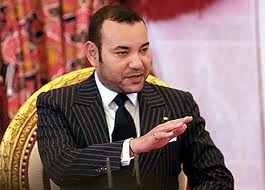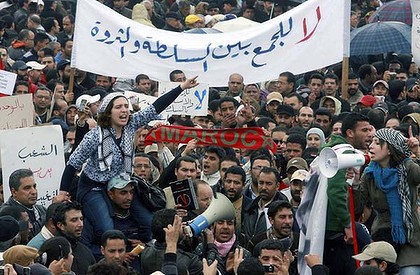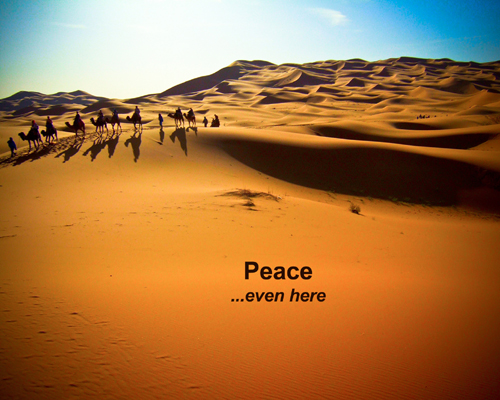 In a war weary world, Iran is not the only place that conflict may be subsiding. In the sand blown desert country of the Western Sahara, Obama initiatives may be reducing decades of tension.
In a war weary world, Iran is not the only place that conflict may be subsiding. In the sand blown desert country of the Western Sahara, Obama initiatives may be reducing decades of tension.
It’s hard to give all the credit to Hillary, Obama and Kerry, because I really believe the world is just getting tired of war. But chalk it up to being in the right place at the right time, the Obama administration’s foreign policy is winning a lot of peace.
The Western Sahara is a “non-self governing country” in Africa, a strange but apt name for a disputed and occupied territory whose last peace was brokered by the UN. It is mostly occupied by Morocco and claimed by Algeria, and from time to time, Mauritania as well. These are the three countries which border it.
There are fewer than a half million people who live in this mostly godforsaken land that is essentially little but Sahara Desert.
But in colonial times any piece of Africa that bordered the sea was important, and Western Sahara’s 700 miles of coast where Africa bulges out into the Atlantic were critical for safe passage of the early sea vessels.
Spain finally wrested control of the place from Portugal and administered it until 1977. It wanted to grant independence to this Colorado-size country earlier, but not even indigenous people were interested. Instead, Algeria and Morocco fought skirmishes over taking control.
I can’t understand why either Algeria or Morocco wanted control, but in the half century since their initial claims to Spain, the idea of incorporating the territory into their sovereign nations has become a kingpin of national pride.
Algeria and Morocco have been at each other’s throats for nearly that entire time. Algeria continues to struggle with popular, progressive if revolutionary movements that swing back and forth from military approval. Like Egypt, the military is all powerful in Algeria, and like Egypt, the tension between religious groups is intense.
Morocco, on the other hand, has been a placid monarchy for centuries. Conservative and very western leaning, there couldn’t be a different place from neighboring Algeria.
Spain was tired of administering the place, and forced a settlement in 1977 that resulted in an immediate fight between Morocco and Mauritania, that Morocco won two years later. Since then, Morocco has administered most of the territory, and Mauritania ceded all interest.
But over the decades since Morocco instituted control, a local population has become energized. The numerous little fights between countries and tribes have resulted in major refugee camps, all in Algeria, which are very left-leaning and pro-Algerian.
Basically this is a dustbin of Africa gripes and racism, swept into the desert where conflict has always had an upper limit of destruction.. There’s little there to destroy. But the world moves on, the internet reaches every sand dune, and the local population of now three generations of stateless persons is getting antsy.
The Polasario movement is the only legitimate political movement as a result, based from the refugee camps in Algeria and very anti-Moroccan. While they have had little success in any military action against Morocco, they have successfully rallied much of the world against Morocco’s dictatorial rule.
So it was extraordinary to say the least when the Moroccan King visited President Obama this week and sought assistance for his plan to transform the Western Sahara with massive development.
Whether it caught the other parties off guard or not, one by one the contentious parties started to fall in line. Basically, if America and its allies supply the dough, peace might break out.
The Obama Administration promptly said yes.
The Polasario seemed willing, too.
And together, the Moroccan King promised for the first time to consider autonomous government if only implied in the joint statement with the White House.
And by its deafening silence, Algeria will not object.
This may seem trivial. It is, in the greater context of world conflict. Some analysts suggest the Obama administration’s real interest isn’t so much with Western Sahara, but with getting the until now hostile neighbors of Algeria and Morocco to be civil to one another.
Simply opening the border between them could facilitate enormous international investment, for example.
That might be true. But I think equally true is an indication that a war weary world penetrates even the smallest political quarters on earth, and that for the first time in generations, peace seems to be the default, not war.
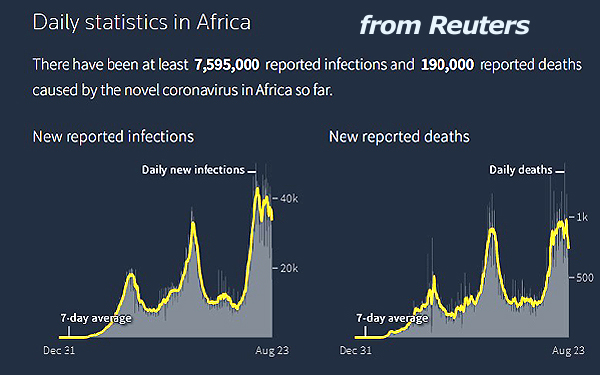 Africa is breaking as covid cases surge.
Africa is breaking as covid cases surge.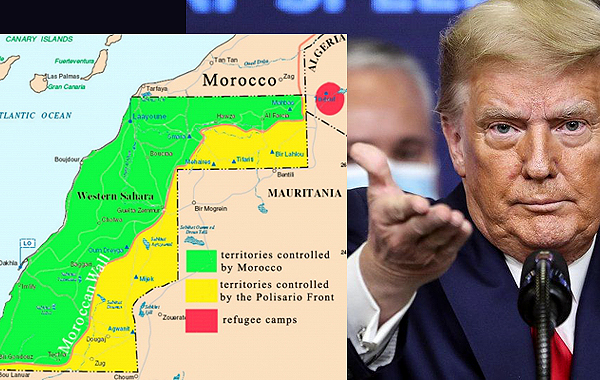
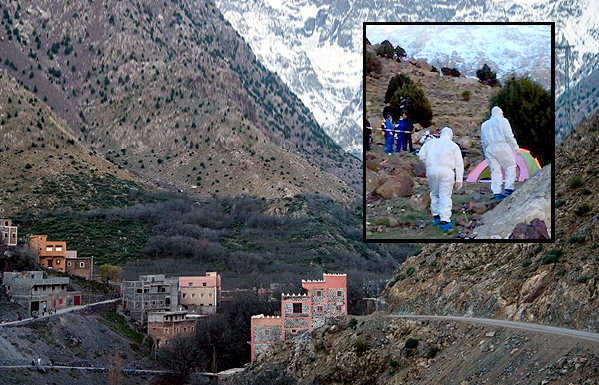 The end of the year isn’t going so well. After the Institute for Economics and Peace
The end of the year isn’t going so well. After the Institute for Economics and Peace 
